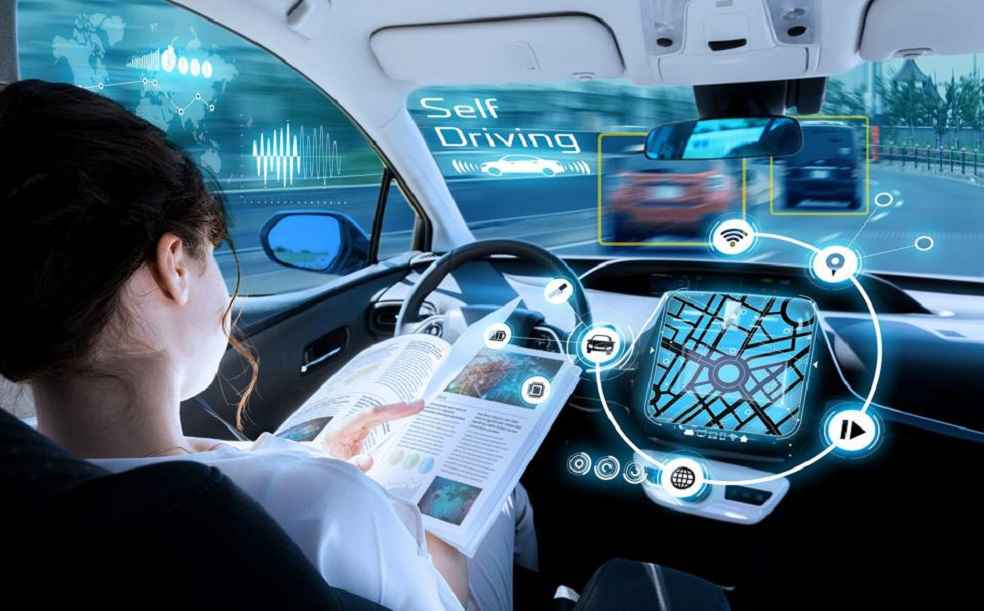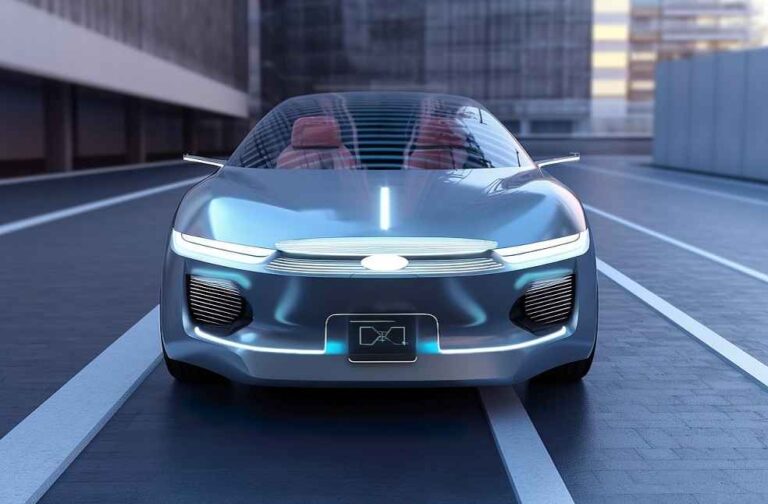Nissan has launched public road trials for a prototype electric vehicle featuring sophisticated autonomous driving technologies in Japan, underscoring a crucial advancement toward its strategic goal to deploy autonomous mobility services by fiscal year 2027.
The prototype, derived from the Nissan Leaf, incorporates an advanced sensory suite, including 14 cameras, 10 radars, and 6 Lidar sensors. These enhancements significantly improve the vehicle’s capability to perceive its surroundings accurately, particularly within complex urban landscapes like Yokohama where the trials are conducted. Notably, the latest iteration includes upgraded roof-mounted sensors that extend the detection range, boosting the vehicle’s environmental monitoring capabilities.

The upgraded system in the Leaf prototype excels in recognizing environmental cues, predicting pedestrian behaviors, executing seamless lane transitions, and making safe navigational decisions at intersections. This array of functions showcases Nissan’s strides in autonomous technology, especially in navigating densely populated areas.
Since 2017, Nissan has explored various business models to support the future of mobility services. Presently, these tests operate at SAE Level 2 autonomy with a safety driver. Nissan’s strategy includes elevating these capabilities and launching driverless mobility services in Japan by 2027, collaborating with local authorities and transport operators.
The trials are set to expand to the Minato Mirai district in the forthcoming quarter, with plans to progress to service demonstration tests by fiscal year 2025. During these phases, Nissan will incrementally increase the autonomy level while gauging customer reactions, aiming to introduce fully autonomous driving services.

This venture collaborates closely with key Japanese governmental bodies, such as the Ministry of Economy, Trade and Industry, and the Ministry of Land, Infrastructure, Transport and Tourism, under the auspices of the Level 4 Mobility Acceleration Committee.
Nissan’s vision centers on enhancing mobility by addressing transport challenges in local communities, particularly those caused by Japan’s aging population and the associated driver shortages. This trial not only represents a significant leap in autonomous technology but also emphasizes Nissan’s commitment to resolving pressing societal mobility challenges.
GENERAL | Hyundai Boosts Tucson Hybrid Output for Soaring Global Demand





